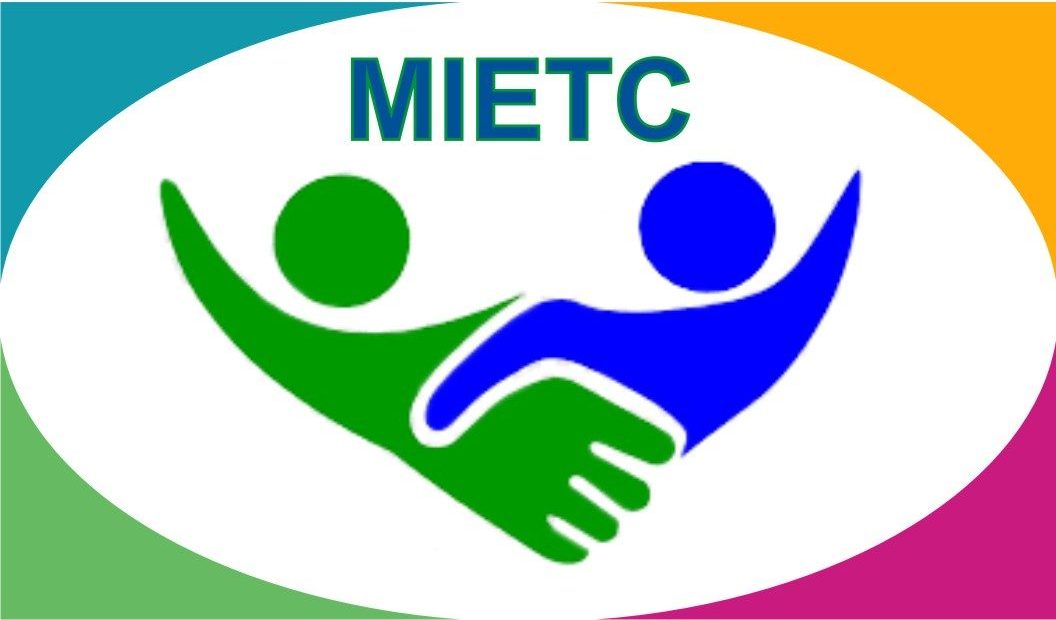The project
Although Central Asian (CA) countries are rich in natural resources and have a big share of manufacturing companies, engineers are less likely to start a business compared to other specialities due to a lack of marketing or basic business knowledge. The main weakness, and hence the key inherited challenge of the education system, is its inflexibility and its inability to adapt to the changes. Because the education sector often fails to meet the needs of the labour market, firms import a significant number of foreign workers for high qualified positions while there is a huge share of students going to Russian Universities to get a better education. Then, after graduation, more than half of these students remain in Russia causing an important loss of human capital.
One of the main problems of modern economic education, which is frequently pointed out by employers, is the unavailability of graduate students that can quickly and effectively engage in professional activities. This problem is relevant not only in CA countries but in many countries over the world. Moreover, the current educational programmes do not pay enough attention to sustainability issues and inclusiveness.
The MIETC project aims to address these issues. First of all, the Partnership will carry out a data-driven market needs and competence analysis using Delphi methodology; this will set the basis for the development of a programme that is aligned with student needs and market demand.
The project will provide the opportunity for CA Universities to develop a dynamic Master programme in cooperation with local stakeholders. This programme will be interdisciplinary, combining industrial and economics subjects, structured around 4 thematic blocks (Data usage, Management, Business & Entrepreneurship and Engineering). It will introduce uncommon subjects in local degrees, such as environmental management and gender equality, contributing to the sustainable development of the industry and the break-down of barriers for women.
The teaching methodology will go beyond traditional formal training, consisting of a ‘transmissive’ approach, and it will promote active learning with real-world cases and assistance by mentors and coaches.
The project will also encourage the exchange of experiences and students between the CA HEIs, institutions and companies participating in the project, giving them the opportunity to expand academic and research collaboration with the countries in the area.
Overall, the project is expected to establish long-lasting cooperation between HEIs and companies contributing to the sustainability of the project.
Click on PARTNERS page to know more about involved High Education Institutions and academic members
- University of Santiago de Compostela
- Ayeconomics
- University of Ljubljana
- University of Naples Federico II
- East Kazakhstan State Technical University
- Academy of Sciences of Turkmenistan
- Turkmen State Institute of Economics and Manangement
- Turkmen State Institute of Finance
- Karaganda Economic University of Kazpotrebsouz
- Technological University of Tajikistan
- Tajik State University of Commerce
- Technological Park – CTAST
- Technological Park – FANOVAR
- Educational Centre Business- Pro
